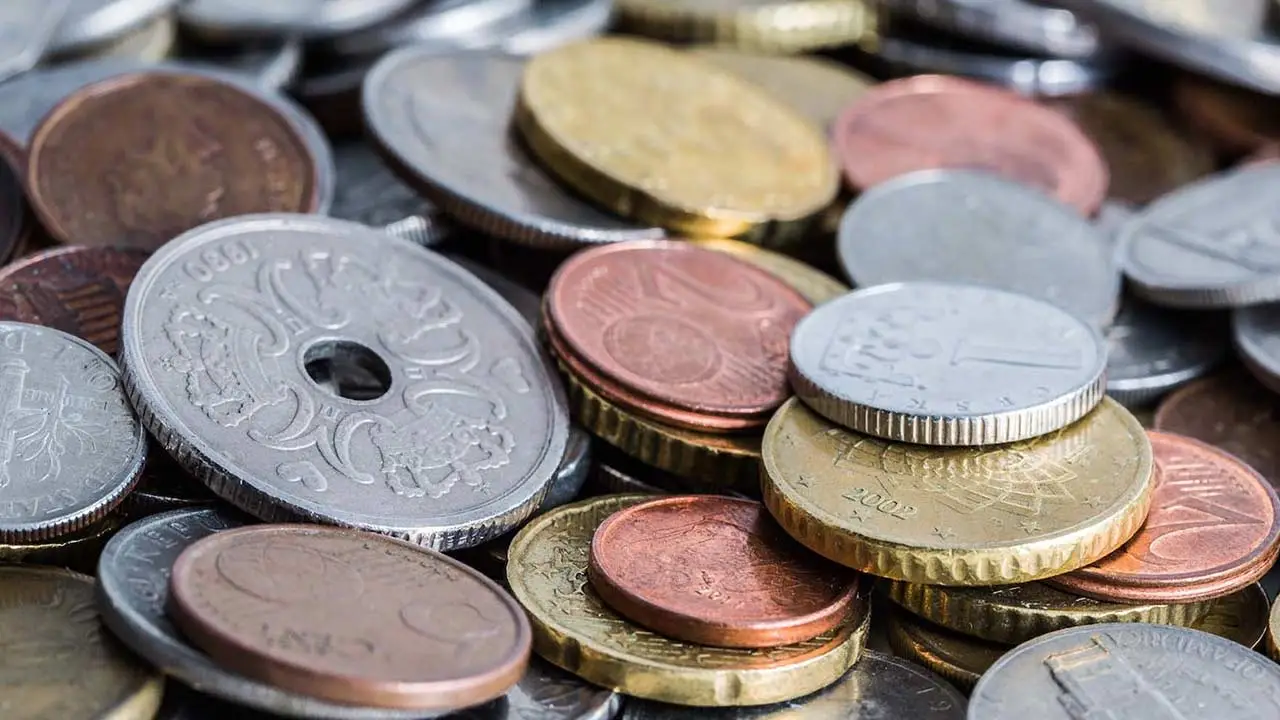More countries in the world than you might think do not have their own currency. There are also currency unions where countries share the same currency; the most obvious to us of course, would be the euro which is shared by 19 countries and around 350 million people.
Countries who don't have their own national currency
- Kiribati and Nauru, independent island states in the central Pacific, both use the Australian dollar as their official currency
- Curacao and Sint Maarten, islands in the Caribbean, are constituent parts of the Netherlands. However, the currency is not the euro as you would expect but the Netherlands Antillean guilder
- Liechtenstein, an independent principality located in the Swiss / Austrian alps use Swiss francs
- Greenland is the worlds largest Island. It's a country in it's own right, and along with the Faroe Islands it is a territory of Denmark. Unsurprisingly, the both territories use the Danish krone
- Tristan da Cunha is the most remote inhabited island in the world, nestled somewhere down in the middle of the southern Atlantic ocean. Amazingly, the official currency is the good old British pound, along with Jersey and Guernsey who print their own versions
- The Himalayan country of Bhutan has use the Indian rupee
- Western Sahara is a disputed region in North Africa. It is largely, but not entirely governed by Morocco, so the official currency is the Moroccan dirham
- The Cook Islands, Niue and Tokelau are all independent states and territories in the Pacific ocean. Their official currency is the New Zealand dollar
- There are a host of countries and territories who have adopted the US dollar as their official currency: American Samoa, British Indian Ocean Territory, British Virgin Islands, Bonaire, Sint Eustatius and Saba, Ecuador, El Salvador, Guam, Marshall Islands, Federated States of Micronesia, Northern Mariana Islands, Palau, Puerto Rico, Timor-Leste, Turks and Caicos Islands and the US Virgin Islands
- The central African countries of Cameroon, Central African Republic, Republic of the Congo, Chad, Equatorial Guinea and Gabon all use the Central African franc
- The beautiful Caribbean islands of Anguilla, Antigua and Barbuda, Dominica, Grenada, Montserrat, Saint Kitts and Nevis, Saint Lucia, Saint Vincent and the Grenadines all use the East Caribbean dollar
- French territories in the Pacific ocean, French Polynesia, New Caledonia and Wallis and Futuna use the Central Pacific franc
- African countries Eswatini, Lesotho and Namibia all have the South African rand
- Finally, the euro is used by 19 countries in the Eurozone: Austria, Belgium, Cyprus, Estonia, Finland, France, Germany, Greece, Ireland, Italy, Latvia, Lithuania, Luxembourg, Malta, the Netherlands, Portugal, Slovakia, Slovenia and Spain.
Demonetisation
Sometimes, countries will change or withdraw the currency they have in circulation.
For example, last month the Indian government announced it was scrapping the 500 and 1000 Indian rupee notes (equivalent to about £5 and £10) and replacing them completely different notes. Indian citizens were given just two weeks to exchange their existing banknotes before they became worthless!
In this case the reason was to try and end India's cash economy. In India, is still common for people to pay for, and get paid in cash; many people do not use or even have access to a bank account. As a result tax revenues are far below that of similar countries, so the aim of the Indian government was to make all the cash 'stashed under the beds' illegal tender.
The process of trying to change or regulate currencies in this way is called demonetisation. In terms of currency reforms, it's a practice that seldom works. In recent times Ghana, Nigeria, Myanmar, Zaire and even the old soviet Union have sought to regulate their currencies, but it can often lead to civil unrest and in extreme cases, citizens start using another currency altogether.

